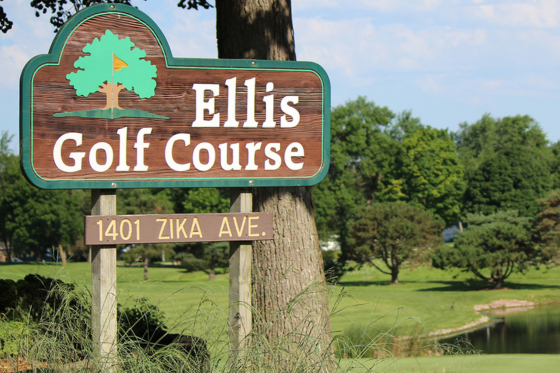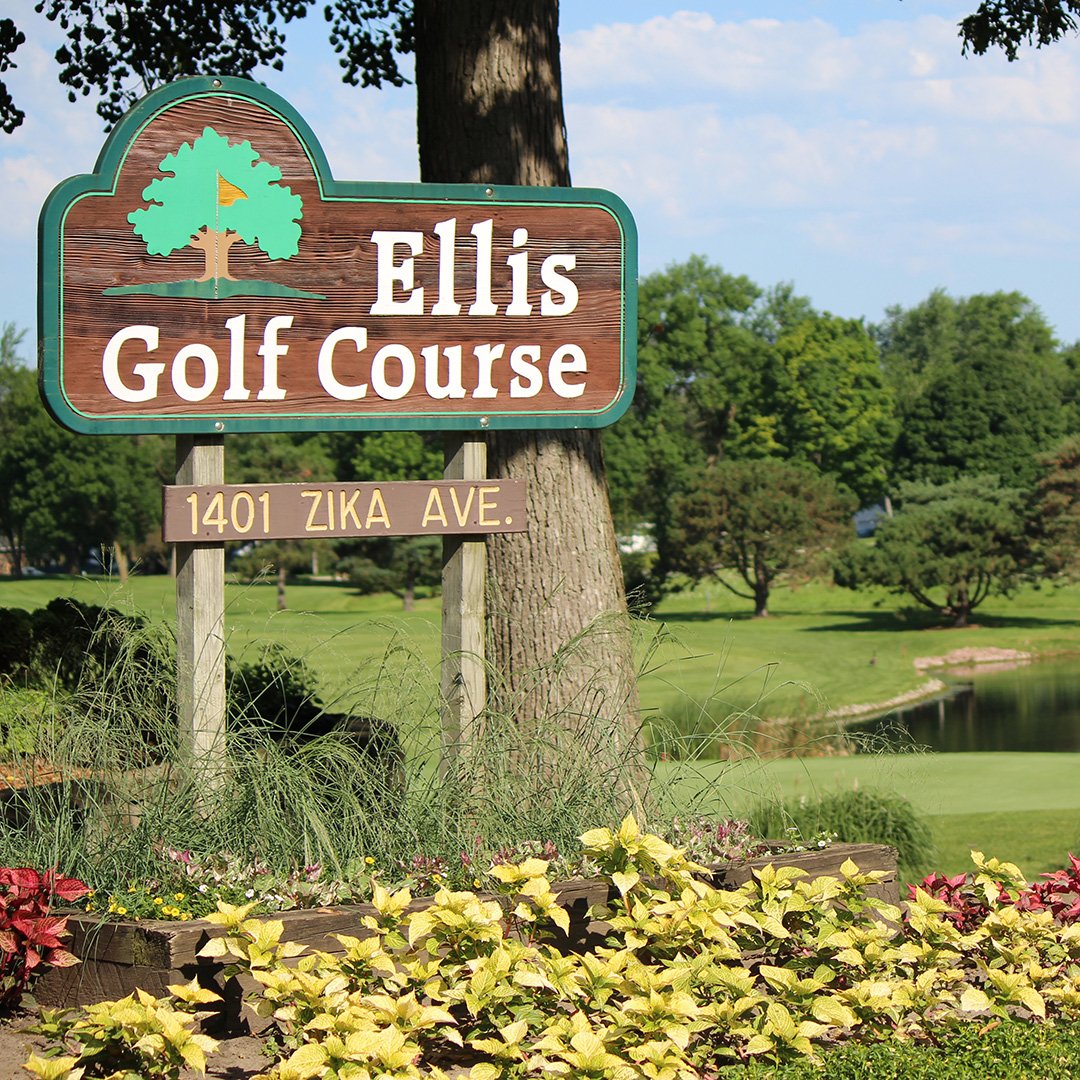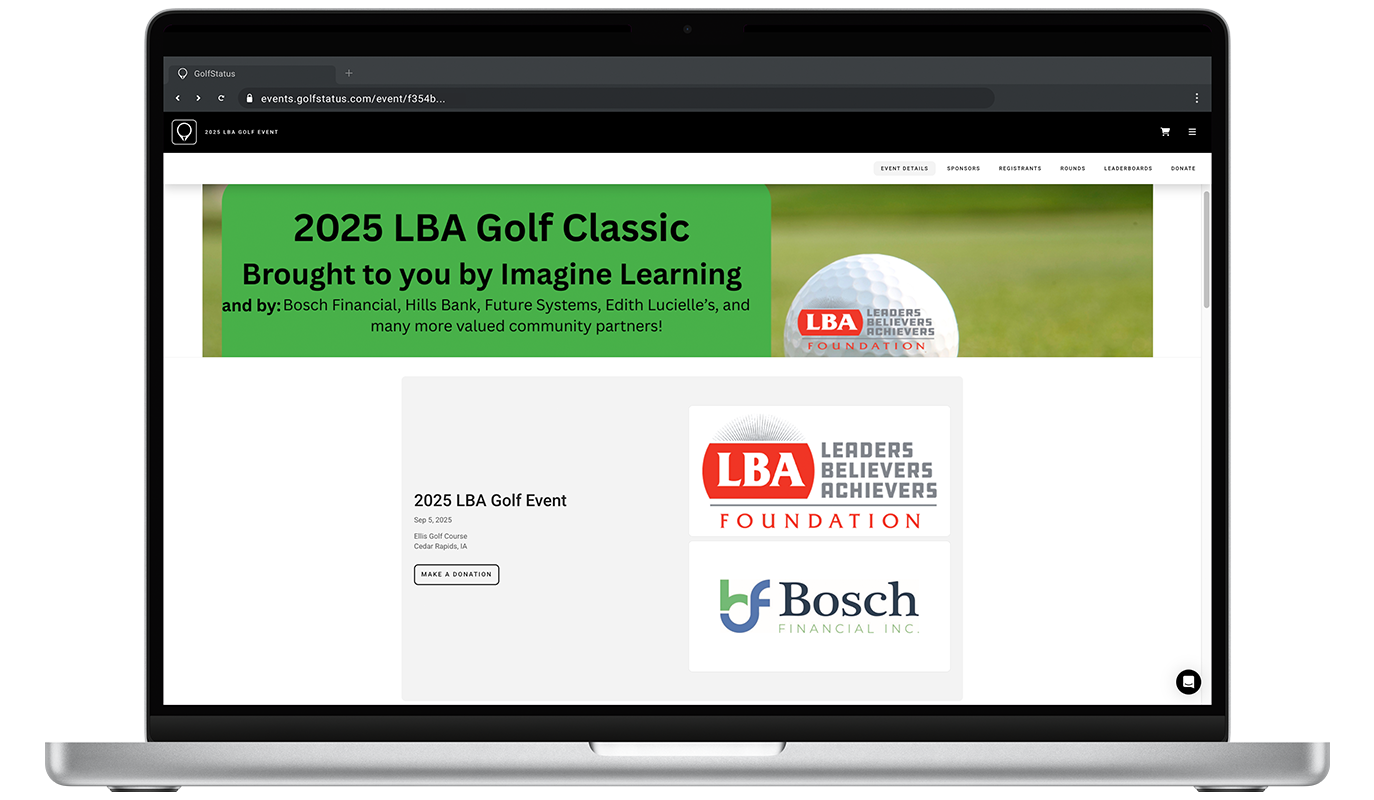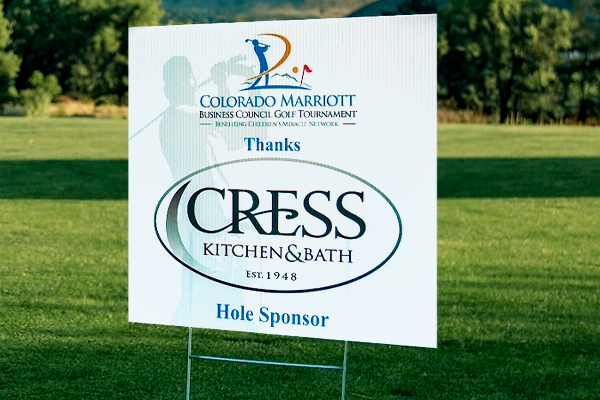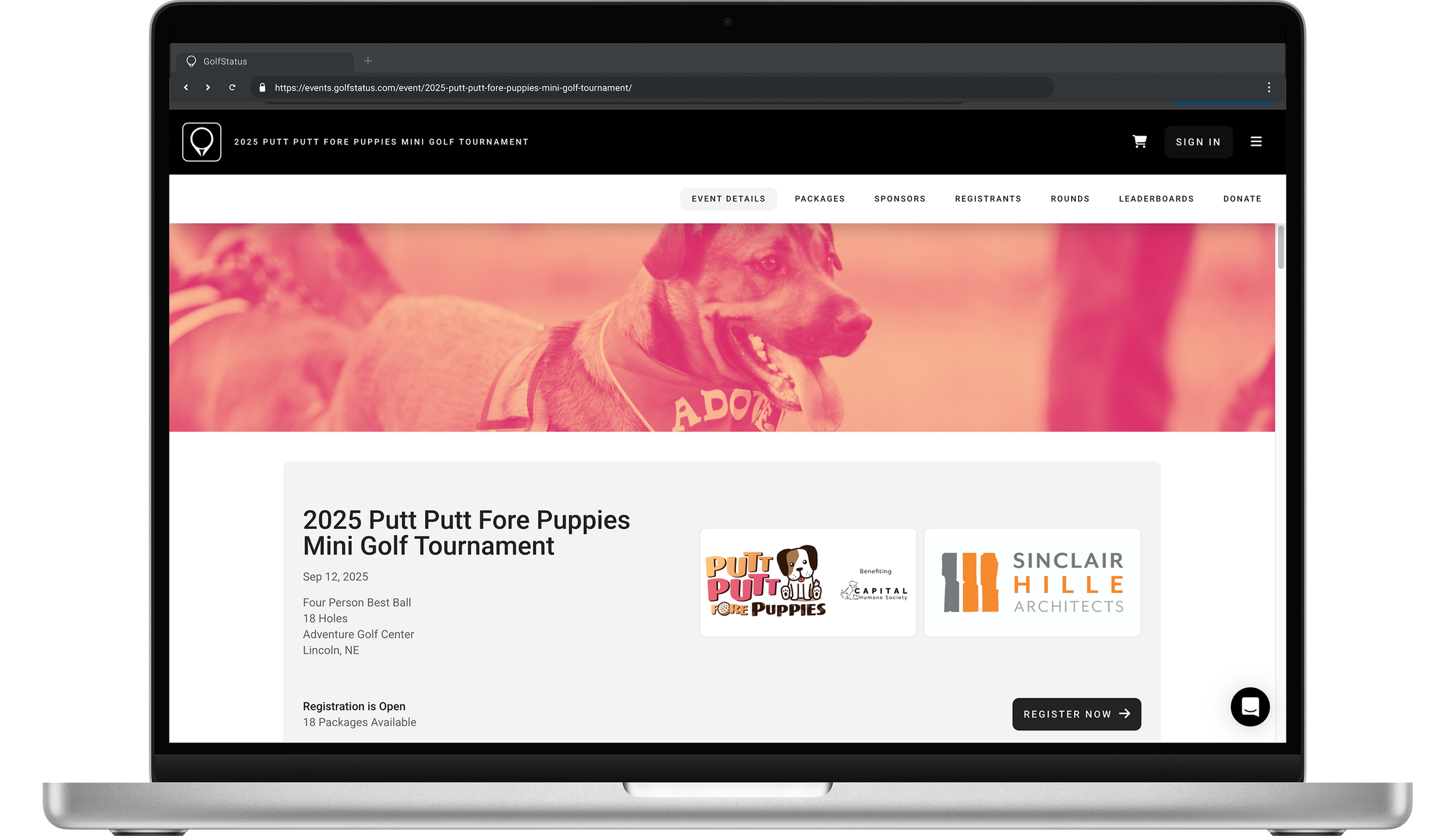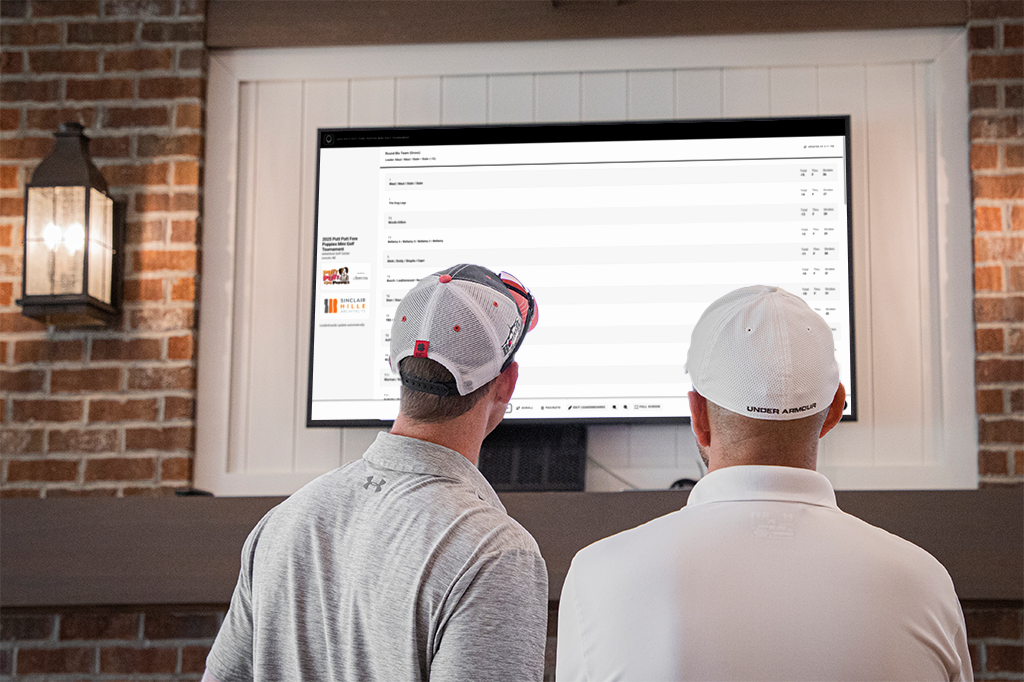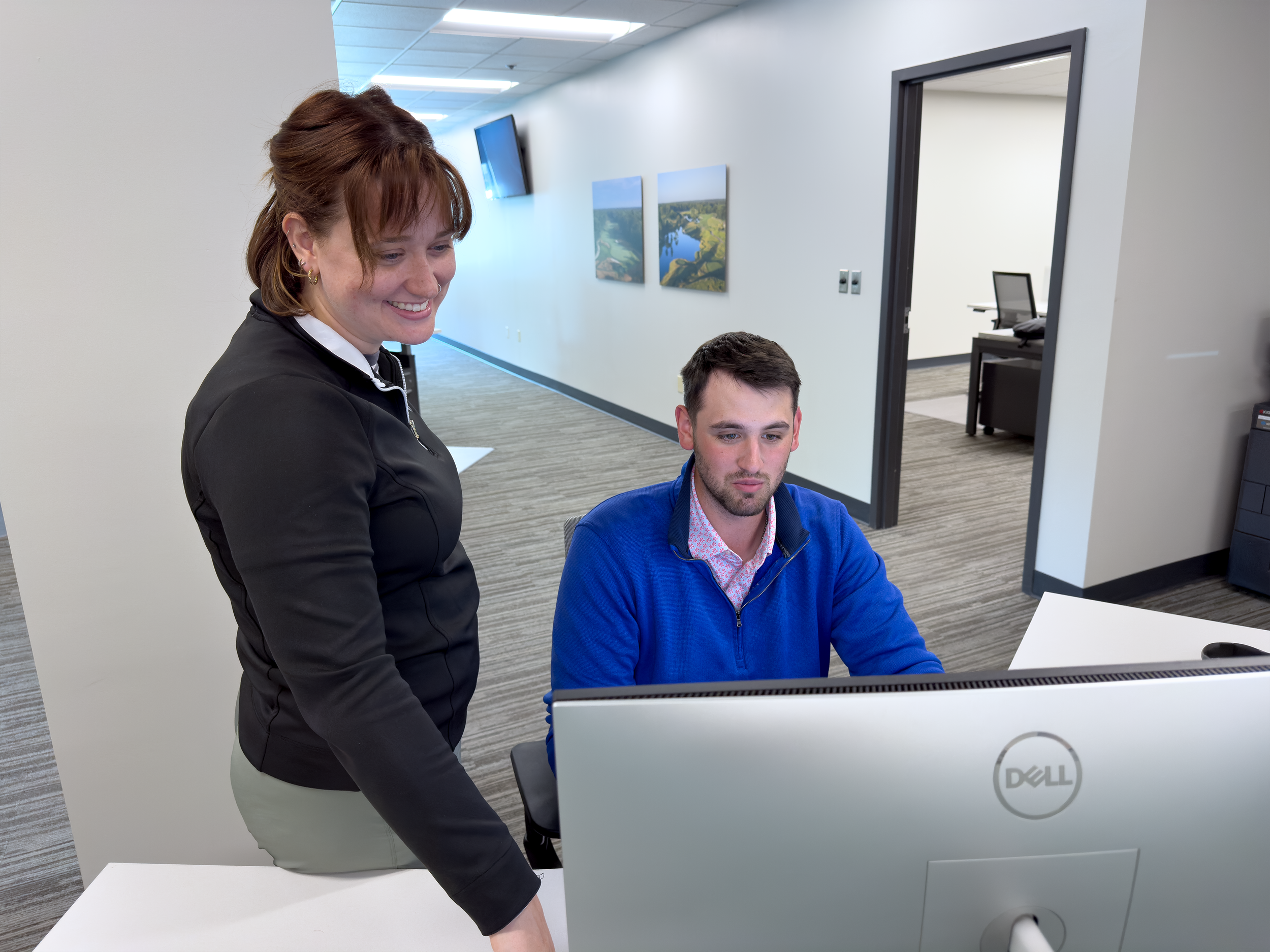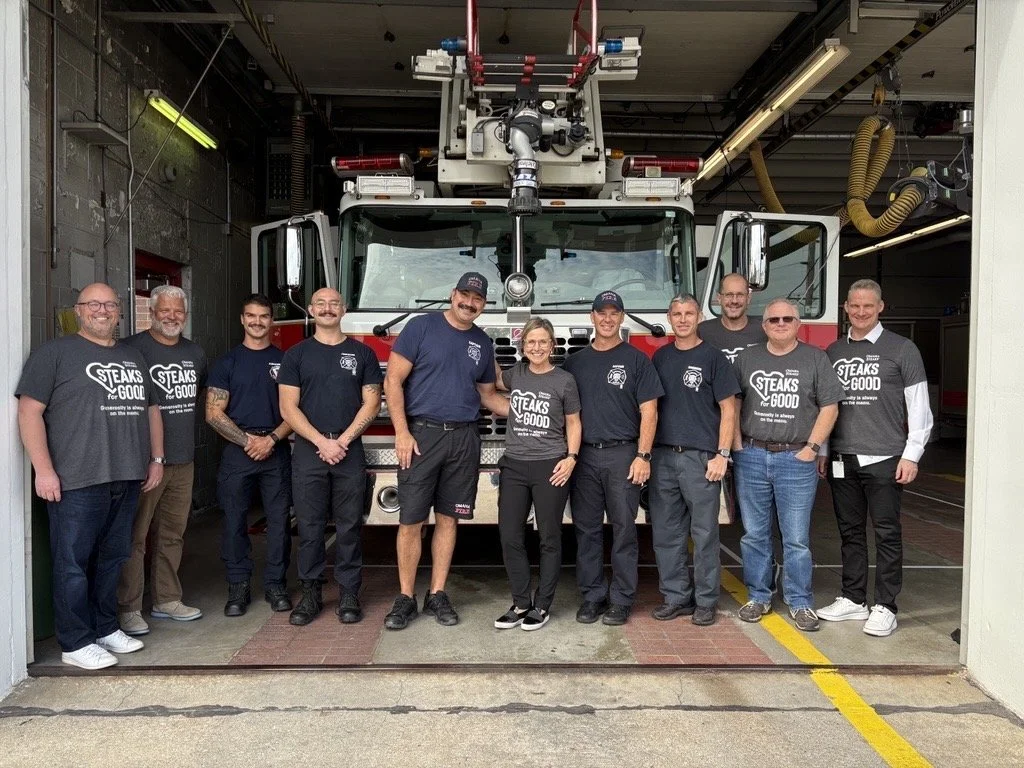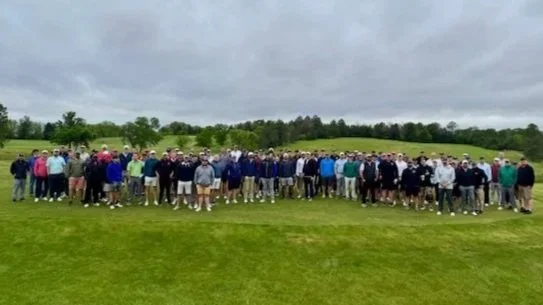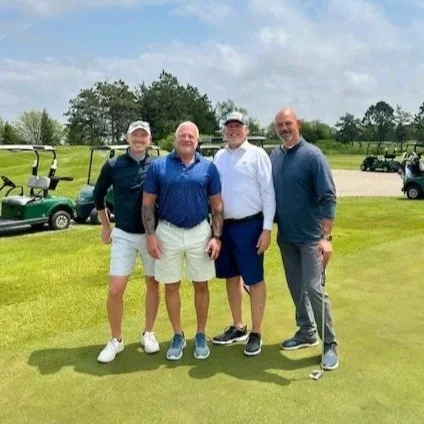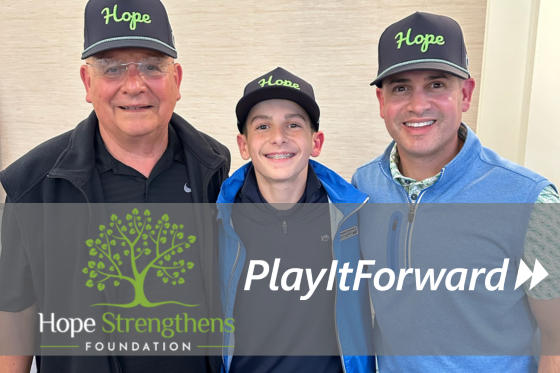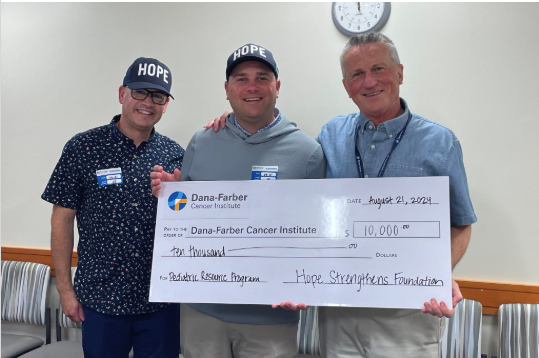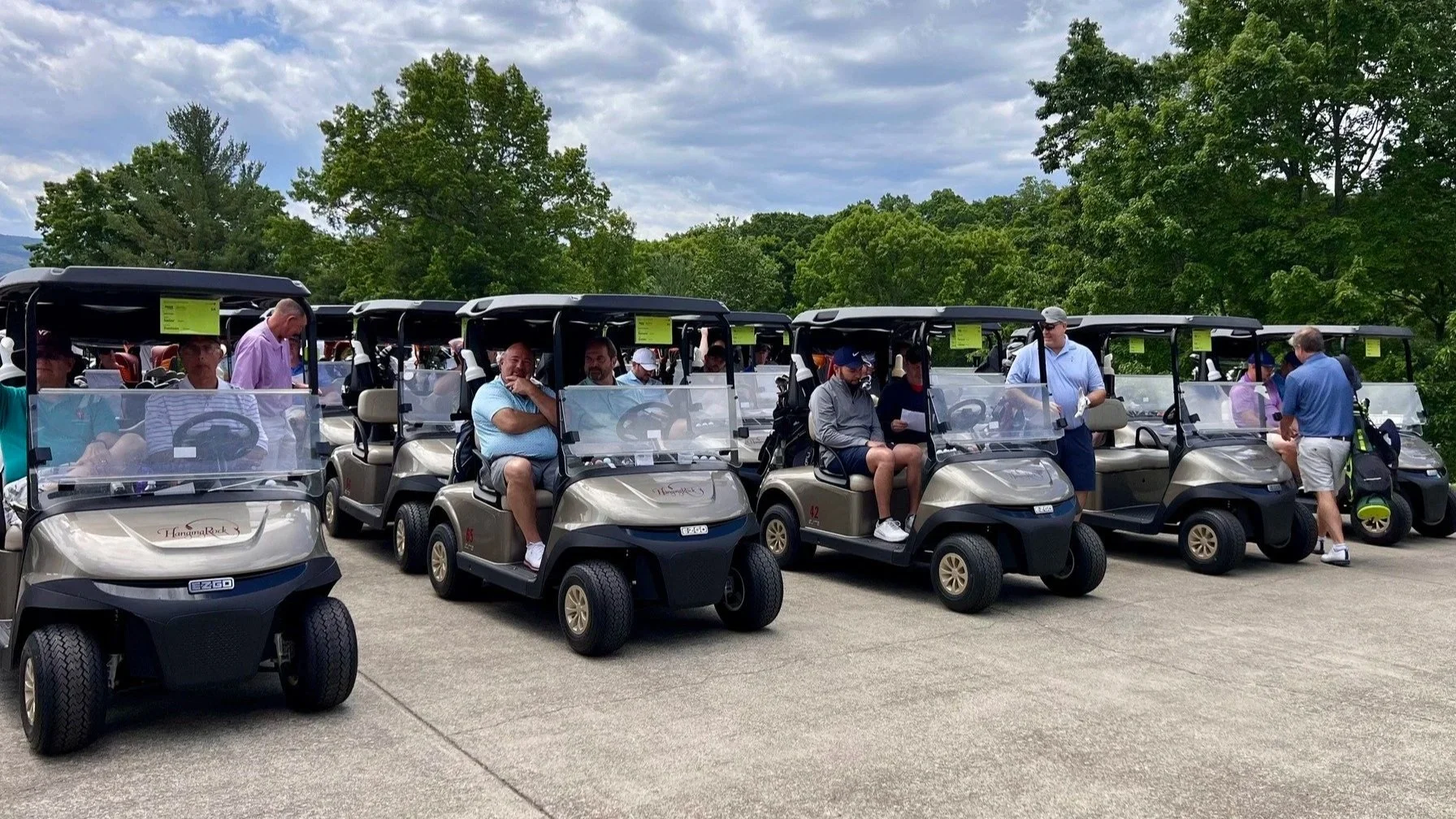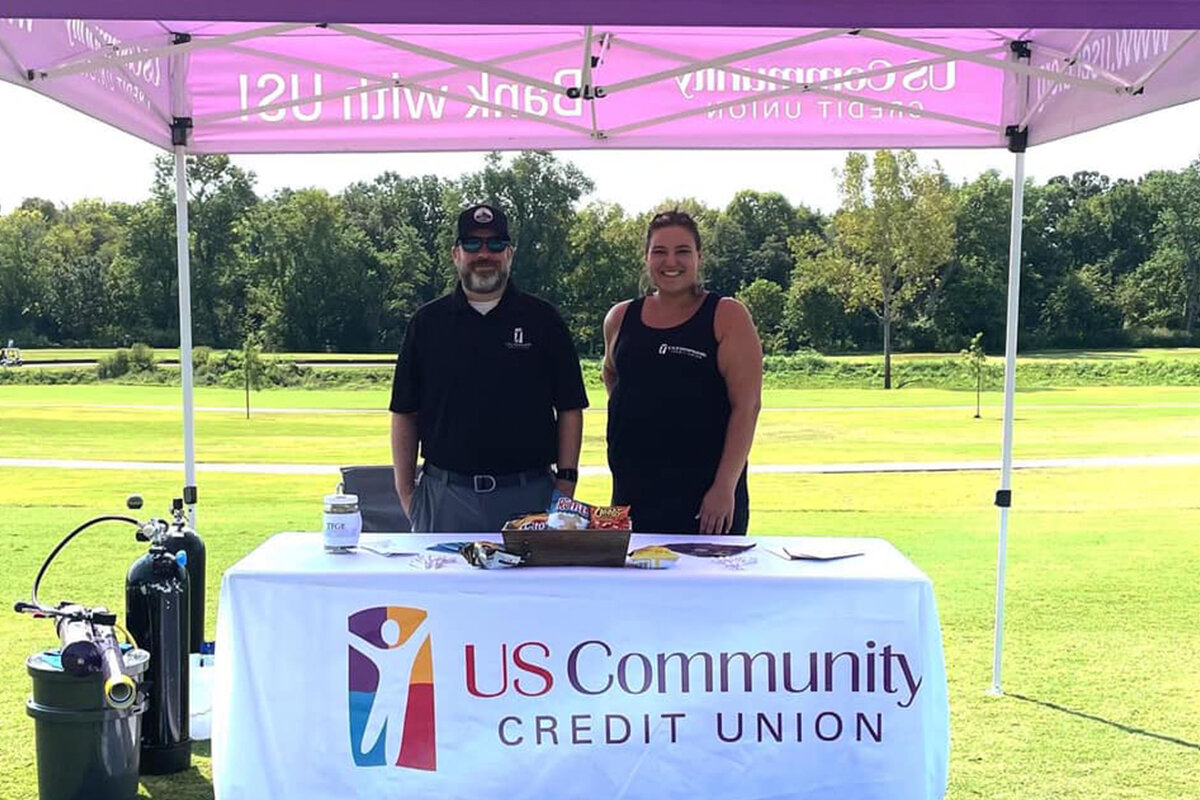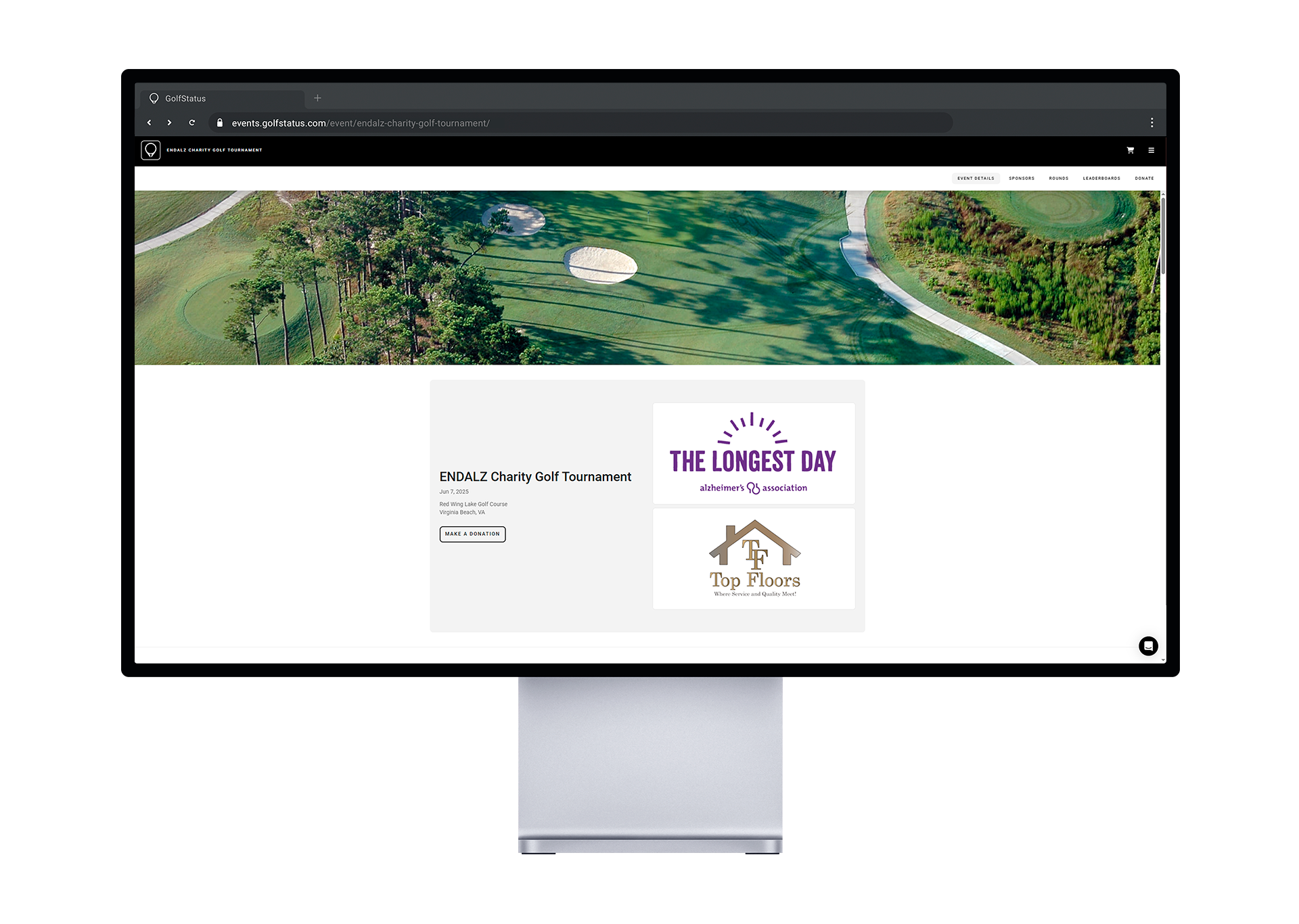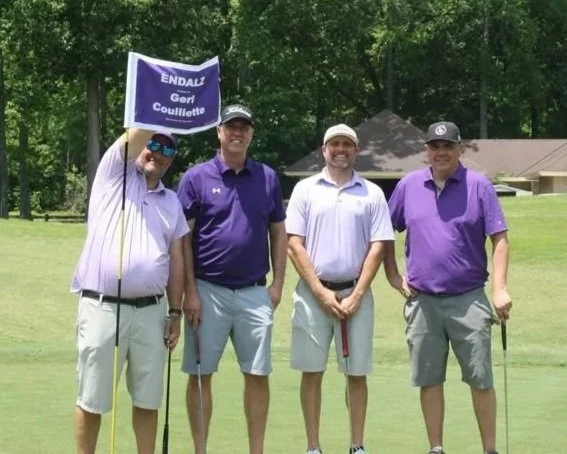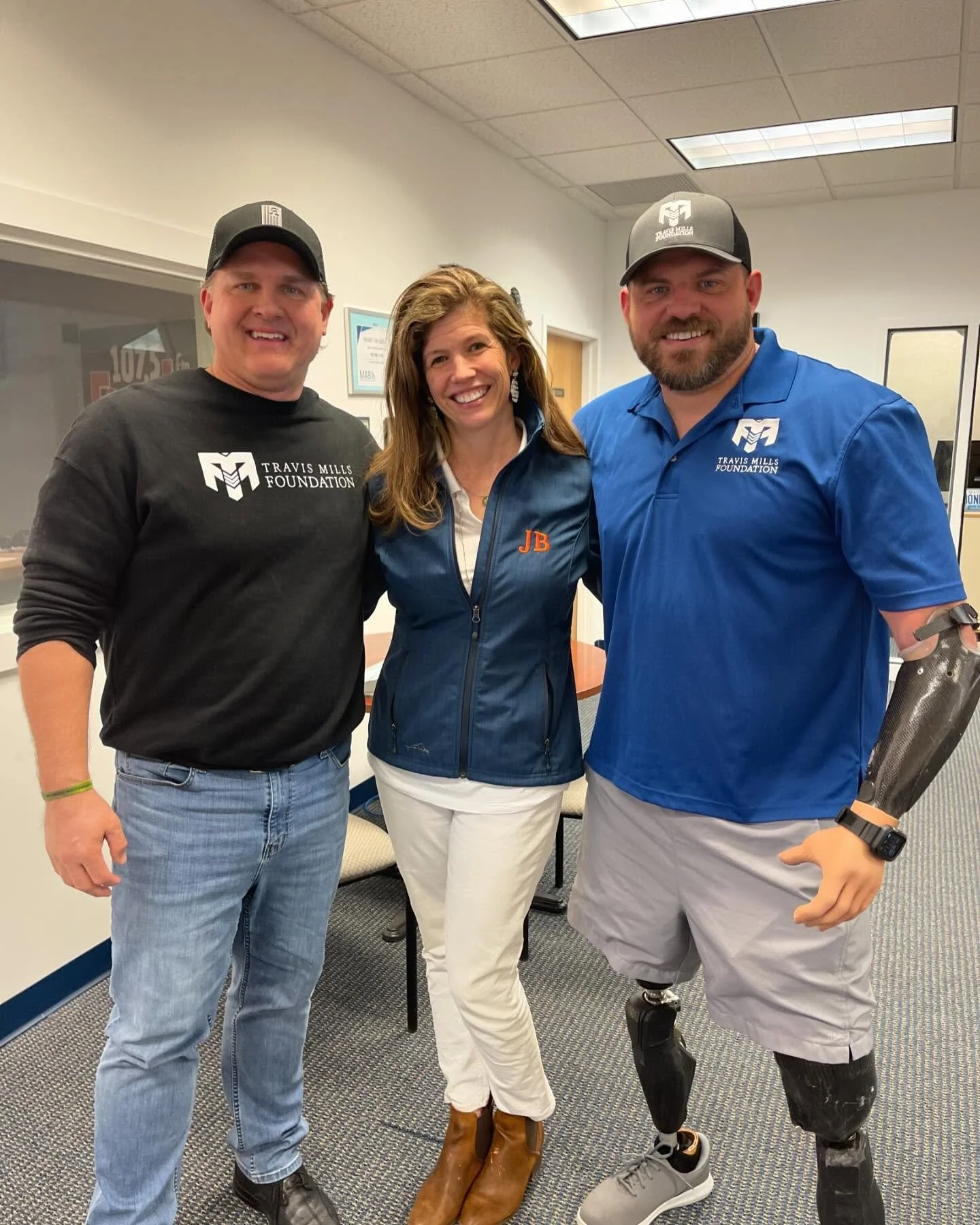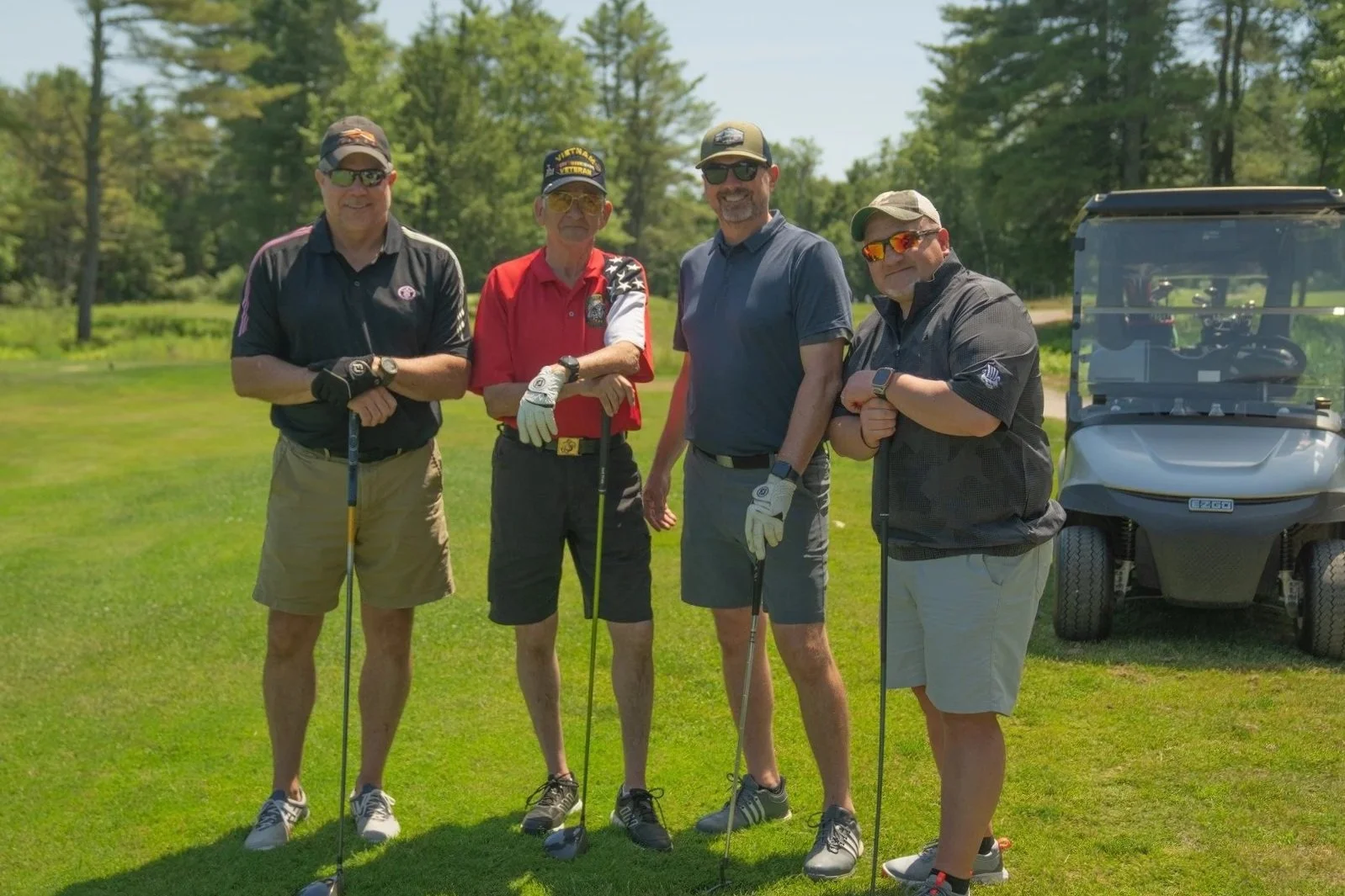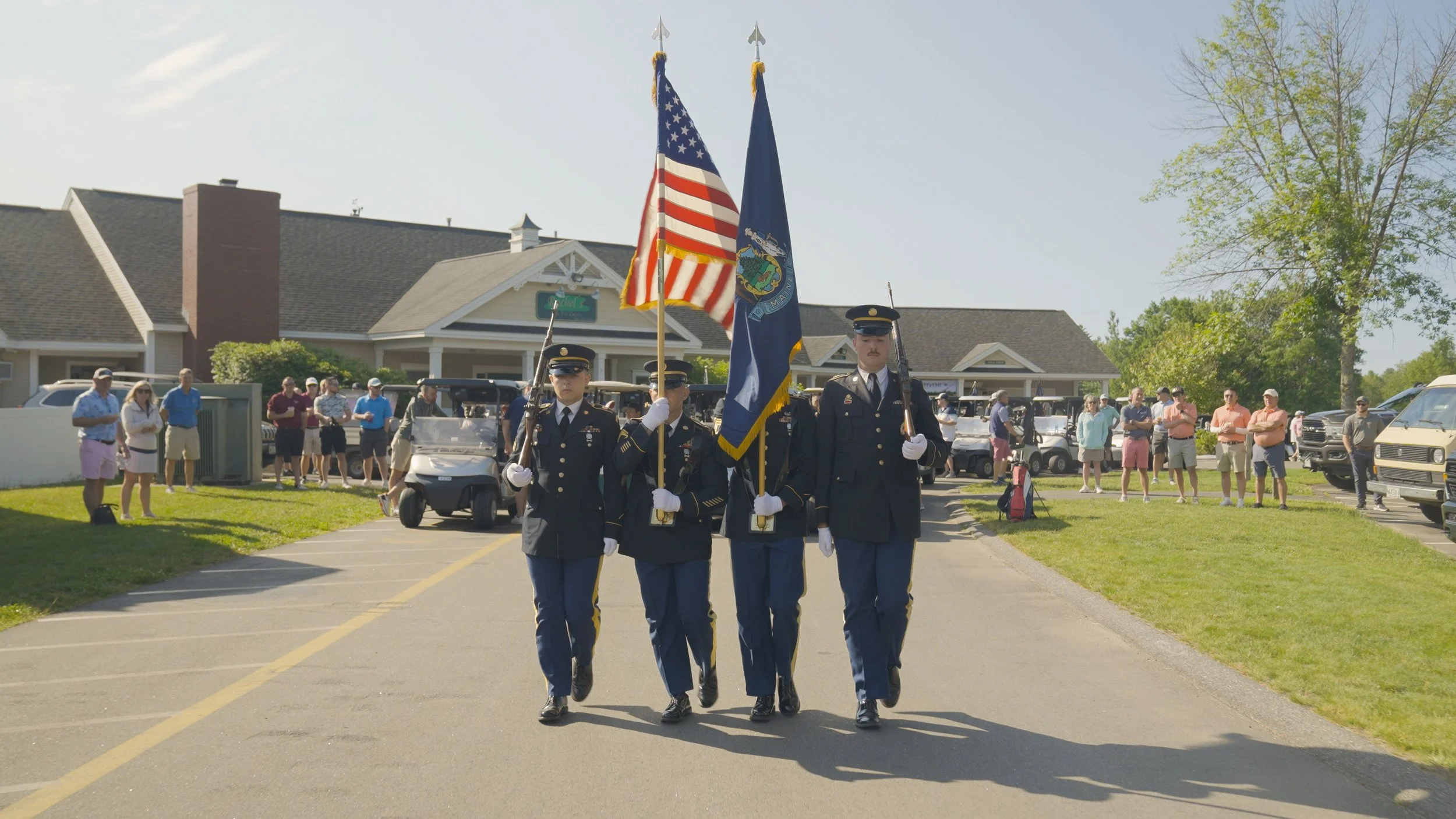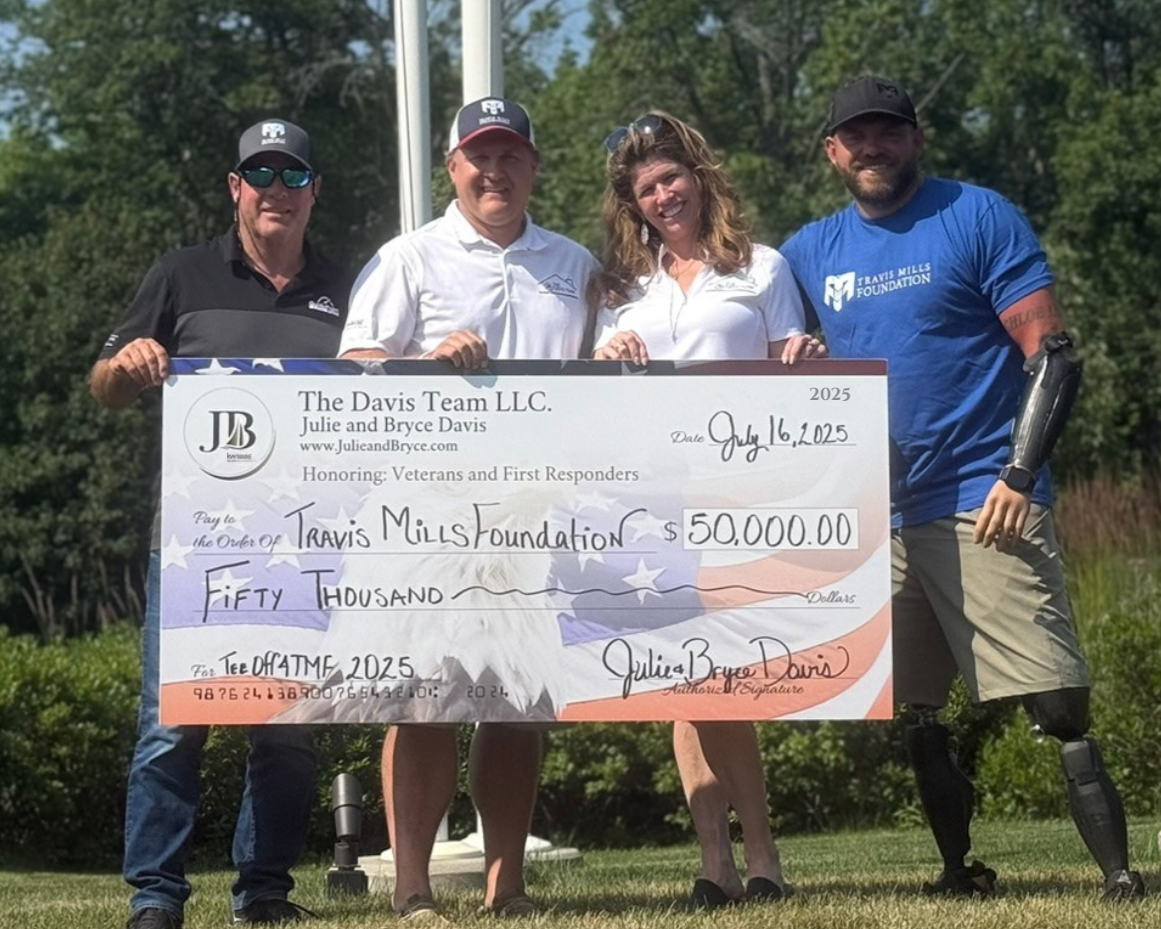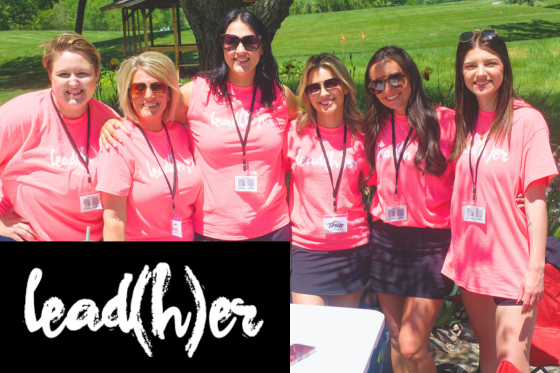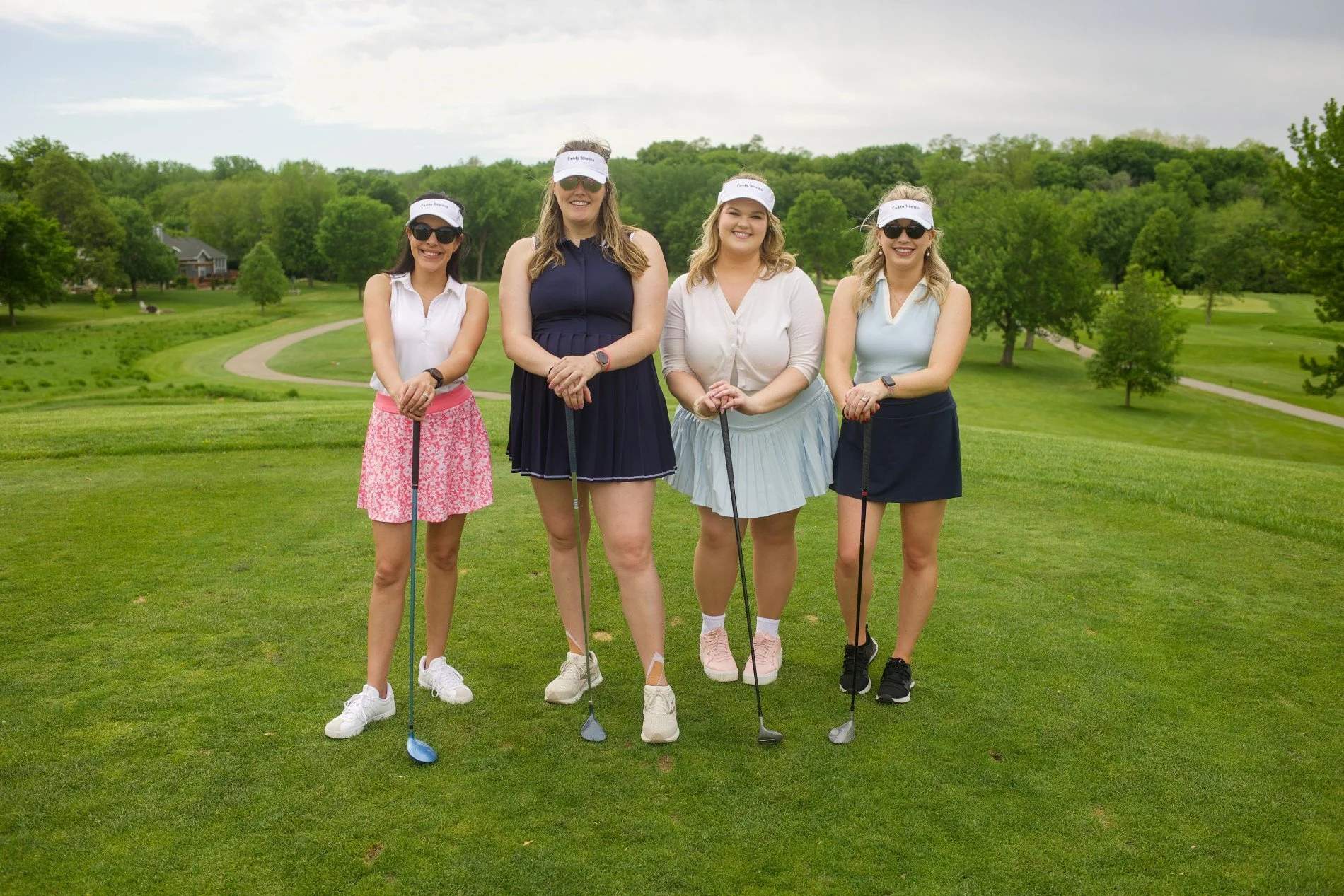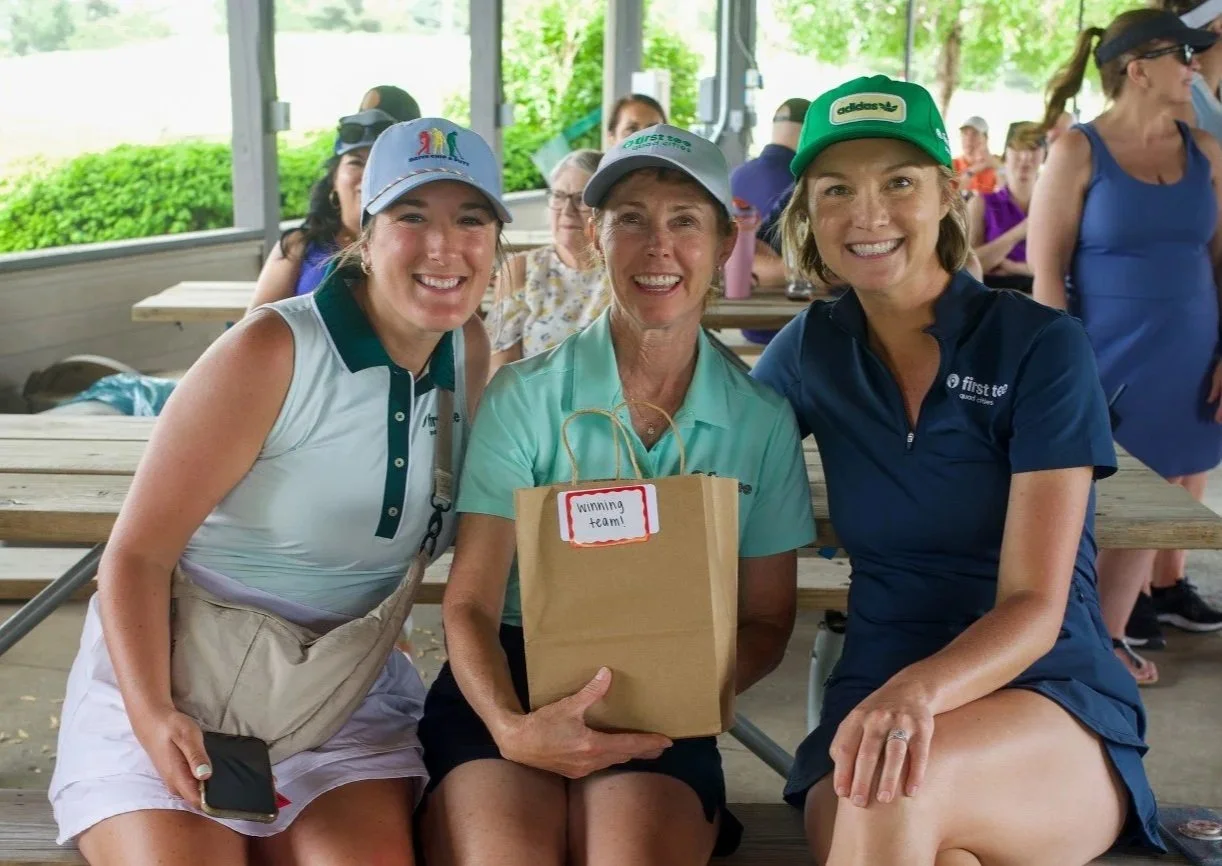partner snapshot
Mark McMahon has spent his entire career as a golf professional in public golf. After working at municipal facilities in Des Moines, Iowa, he moved to Cedar Rapids in 2013 and serves as the Head Golf Professional at Ellis Golf Course. The City of Cedar Rapids owns and operates three courses: Ellis, Gardner, and Twin Pines. The City’s golf team manages more than 60 outside events each year across the three courses, ranging from charity fundraisers and conference add-ons to high school competitions and community outings.
That scale, combined with the realities of municipal golf, has shaped how Cedar Rapids approaches outside event management—and why efficiency is so important.
Ellis Golf Course is owned and operated by the City of Cedar Rapids, Iowa.
the challenge
Outside outings are a critical part of Cedar Rapids Municipal Golf’s identity, but they do come with unique challenges and circumstances. Unlike private clubs, municipal facilities are deeply connected to their communities. And while revenue is certainly a priority, relationships with local charities, schools, and civic groups are just as important.
“Municipal golf is different because we can’t just look at events strictly from a revenue standpoint,” Mark explains. “We have to think about the bigger picture and what’s good for the community.”
The three city courses’ yearly event calendars are filled with outside outings for charities and nonprofits, plus high school matches in the fall and spring, conference-related outings tied to downtown events, and young professional and community-based events. The City’s peak season runs from June through September, which means staff must carefully balance daily play with league play and outings without overbooking and overburdening operations.
Previously, managing outside outings was time-consuming, fragmented, and filled with opportunities for human error:
Paper registration forms came from across the city
Checks were mailed, dropped off at the golf facility, or handed to a staff member
Event details lived in emails, spreadsheets, and folders
Staff manually transferred data from paper forms to Excel
Creating and printing scorecards and cart signs and making hole assignments took hours
“It was a lot of paper and a lot of manual work,” Mark says. “You’re just trying to make sure everything ends up in the right place.”
Even when Cedar Rapids experimented with tournament management tools, complex interfaces and poor user experience made them more hassle than they were worth. “Some programs just aren’t intuitive,” Mark says. “If you can’t easily navigate it, it creates more work instead of less.”
The front nine at Ellis Golf Course features holes with large, elevated greens.
the solution
Mark was initially introduced to GolfStatus through the golf operations management team. They initially started with a partnership for course pin flags, but Mark was hesitant at first to jump into GolfStatus’ tech for outside outings. “Golf pros are creatures of habit,” Mark laughs. “We tend to stick with what we know.”
But once Cedar Rapids piloted GolfStatus for event registration, everything changed.
“Switching to GolfStatus for registration was the smartest thing I’ve ever done. Once we tested it and saw how well it worked, we moved everything over to GolfStatus.”
A Simple, Centralized Platform for Outside Events
Today, GolfStatus is the primary platform Cedar Rapids Municipal Golf uses to support outside outings across all three of its golf facilities. GolfStatus simplifies nearly every part of outside event management:
Online registration. Event organizers collect player information and entry fees in one place, without dealing with paper forms or checks floating around.
Fast event setup. Golf staff can set up an event in minutes, instead of spending hours creating and printing materials from scratch, entering player information, and making hole assignments. “I can set up an event in 10 minutes,” Mark says. “Assign holes, print materials, and we’re done.”
Excel imports. When necessary, staff can upload participant lists directly into GolfStatus without manually re-entering data.
Sponsor visibility. Events can offer sponsors exposure on both signage and the event website and live scoring app, adding additional value for events and sponsoring businesses.
Easy event close-out. It’s simple for staff—and event organizers—to quickly reconcile registration data, payments, and payouts after the tournament closes.
Live scoring. Many events take advantage of GolfStatus’ reliable live scoring and digital leaderboards through the free mobile app.
Supporting Event Organizers & Golf Staff
One of the biggest benefits Mark sees is how GolfStatus helps tournament organizers, especially charities and nonprofits that may struggle with managing the logistics of their golf event.
“These aren’t event planning professionals, so they need help collecting data, money, and sponsor information in a clean way. They need the one-stop shop that GolfStatus provides.”
Mark says he appreciates how GolfStatus allows tournament organizers to:
Utilize an event website to promote their event
Offer digital sponsor exposure, adding value to packages
Reduce confusion around registration and payments since all information is stored in one centralized platform
Provide a more professional experience to participants
For the golf staff, Mark says these benefits mean fewer questions to field from organizers and golfers, fewer errors in golfer and payment information, and smoother event days.
The results
Significant Time Savings for Golf Staff
The most immediate impact for Cedar Rapids Golf using GolfStatus has been better efficiency. “What used to take a couple of hours now takes just a few minutes,” Mark says.
By using GolfStatus, the burden isn’t on golf staff to:
Manually re-enter registration information
Chase down missing registration forms and payments
Piece together event details from multiple sources
Instead, everything lives in one user-friendly system, which is accessible by tournament organizers and golf staff to review, manage, or print.
The Ellis Clubhouse and Event Center opened in 2022 and hosts a variety of pre- and post-golf gatherings for its outside events.
Better Experiences for Event Hosts
Mark says the feedback from tournament organizers utilizing GolfStatus has been overwhelmingly positive.
“Every event that has jumped on board with GolfStatus has had really good things to say. It’s a clean, easy process.”
Organizers have appreciated having a dedicated contact at GolfStatus, with a client success rep and dedicated support available seven days a week to answer questions, provide suggestions, and help facilitate a successful event. Mark says events powered by GolfStatus tend to run smoothly because there are fewer issues with registration and payments or missing information, and hosts felt supported instead of overwhelmed.
A Partnership Model
Cedar Rapids began using GolfStatus years before a formal referral program for golf facilities existed, when facilities paid an annual fee to utilize the platform. “At the time, it was still worth the cost just for the time savings,” Mark says.
The evolution to a partnership model in which Mark and golf staff refer events to GolfStatus has added even more value. They identify tournaments that need support and infrastructure and refer them to GolfStatus, which works directly with organizers—significantly reducing golf staff workload and providing a financial incentive.
“It’s a mutually beneficial partnership,” Mark says. “GolfStatus makes my life easier, so it benefits everyone to refer events to use it.”
Staff at Ellis and other Cedar Rapids municipal golf courses refer tournaments to GolfStatus, which significantly reduces the workload for golf course staff to pre and plan.
Another reason Cedar Rapids has stayed with GolfStatus is responsiveness. Not just for frontline support for tournament organizers and golfers, but also in taking feedback from partner courses and responding to the needs of golf staff. “Early on, we mentioned the need for a tear-strip scorecard, and the next spring, it was there.”
Having PGA Professionals on the GolfStatus team has made a difference. “You can always get someone on the phone who understands what golf courses need,” he says. “That matters.”
“GolfStatus Just Works”
From Mark’s perspective, the recommendation for other golf facilities to use GolfStatus boils down to simplicity. Facilities looking for a platform that’s intuitive and easy to navigate can leverage GolfStatus to:
Cut event setup time in half
Eliminate manual data entry
Offer better customer service to tournament organizers
“In today’s world, simple is better,” Mark says. “We’re all busy. GolfStatus just works.”
Simplify Outside Outings With GolfStatus
Golf facilities like Mahoney Golf Course benefit as much from GolfStatus’ tournament management tech as event organizers. Facility staff and the planning team can share access in GolfStatus’ backend to manage golfer and sponsor information, finalize team pairings and hole assignments, and save time from start to finish. Want to learn more about how your organization or golf facility can save time and raise more money with GolfStatus? Book a meeting with our team of golf fundraising professionals by clicking below.

